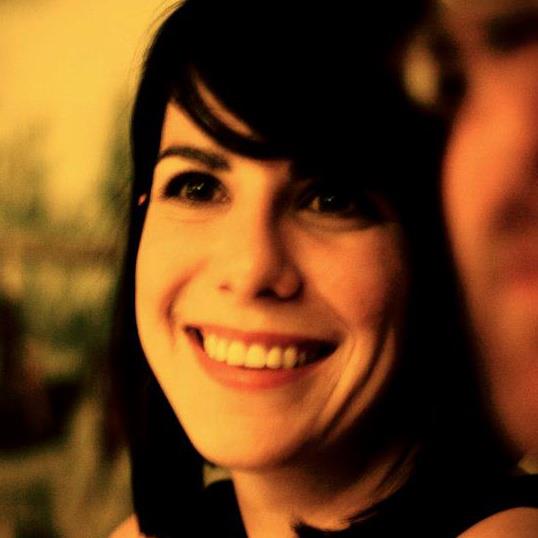I'm an English grad student. I've always been a fanatical English student (took every English course offered in high school but one), and I've always been terrible at math and okay at science. Science has never particularly been my thing. I took general science in grades 9, and 10, chemistry in grade 11, physics in grade 12, and biology in OAC, but I've never been particularly great at it (unlike Rachel T, who I totally admire for her math & science abilities), although I'm fascinated by it. However, I've somehow this year managed to combine English with a helluva lot of science. I'm not complaining- it's totally cool! Here's what I've been learning, science wise, this year, and how:
- Tutoring Eiji: Eiji is an ocean governance specialist, and from him I've learned all about breakwaters, erosion, fisheries, engineering, ocean currents, and the environment.
- Editing S's Master's thesis: S is a vision science student, and she just completed her Master's thesis, which compared the existing gold standard adult vision test, the one with the letters that we all know and love, with a newer vision test for preschool students which uses symbols instead of letters. Because little kids can't read yet, the adult test isn't particularly useful, but ophthalmologists need to know if the symbols based test is a) as reliable as the adult test and b) if it produces the same results as the adult test so that when kids are able to read, they can switch tests without having to worry about converting the results, and so that doctors can make diagnoses using the same criteria as the adult test, which they're already familiar with. From S, I've learned about arcs of refraction, vision disorders, how to conduct a scientific study, and the history of eye exams, among other things.
- Editing W's grant proposal: W is a pathologist who is proposing to do a study about hereditary colorectal cancer. From W, I've learned about genetic markers, different kinds of colon cancer, the criteria for diagnosing hereditary cancers, DNA testing, and how to write a grant proposal.
- Teaching A in English class: A is a bio-chem student who is currently applying to dentistry school, and so she's taking English because some dentistry schools have a writing proficiency requirement. In our chats, I've learned about random bio-chem, what science is like at Dal, and the dentistry exams (Did you know that you have to carve something during your exams? It's to prove dexterity, but it sounds pretty weird on first hearing.)




0 comments:
Post a Comment